Latest
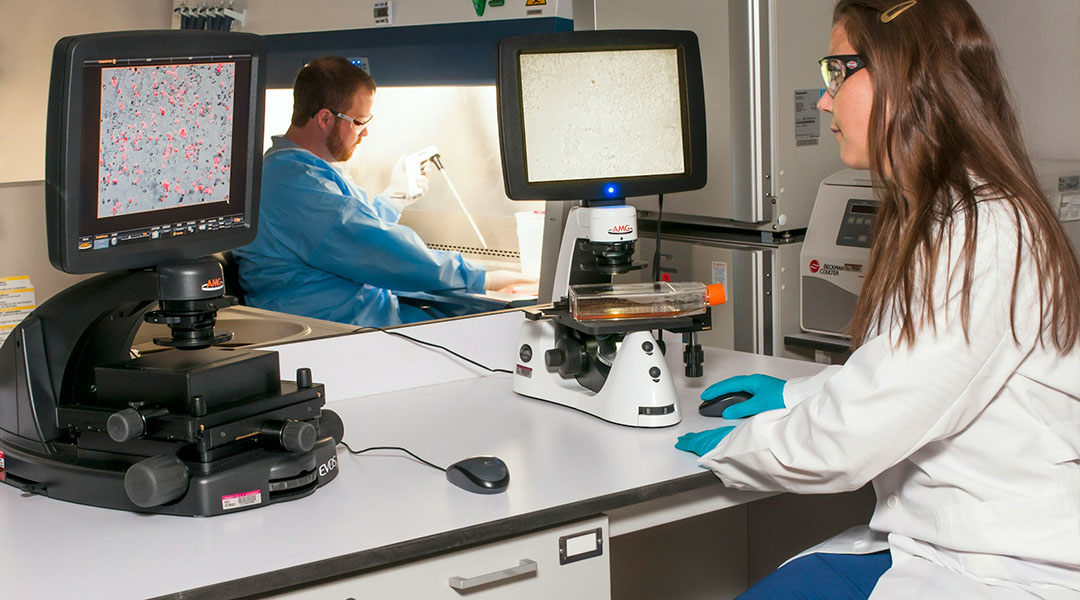
New potential nanocarrier cancer vaccine could rescue immune response against melanoma
A new nanocarrier-based cancer vaccine used for the treatment of an aggressive and lethal form of skin cancer has been tested on mice, showing promising results.
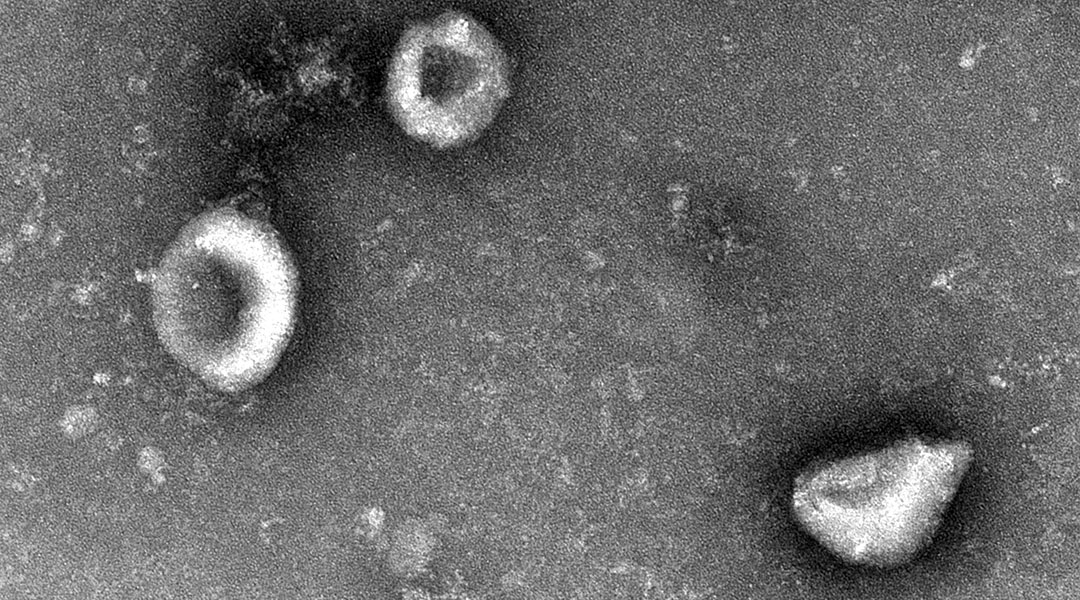
Smart nanoparticles shut down cancer’s energy supply to stop it from spreading
A nanoparticle targets mitochondria in cancer cells, offering a promising new strategy to tackle chemotherapy resistance tumor spread.

Windows that cool themselves could cut AC costs
This new high-tech window glass reflects heat and radiates excess warmth into space, slashing air conditioning energy use by up to 40%.
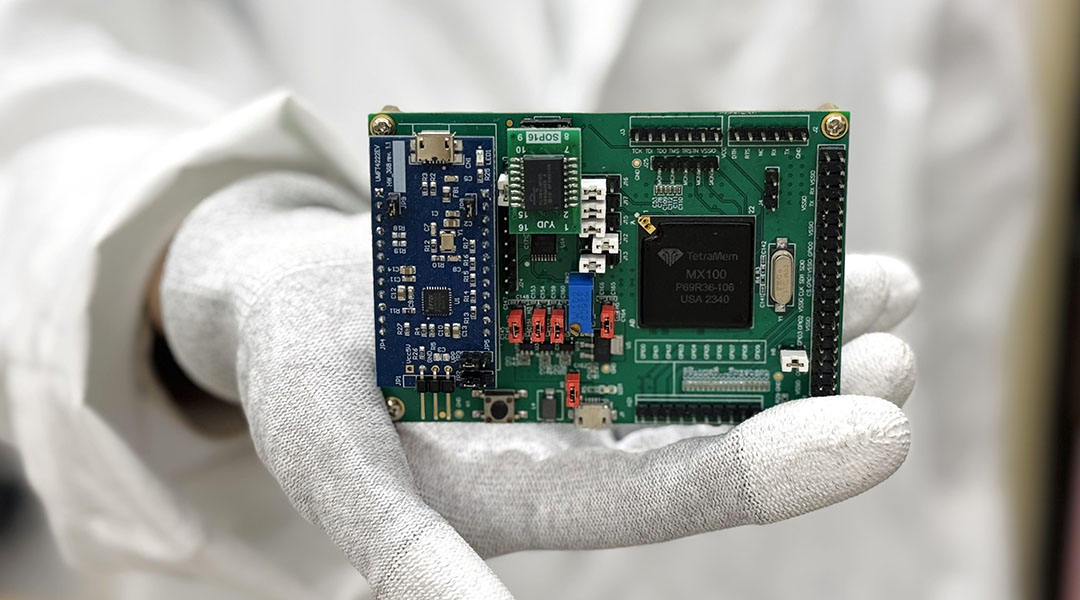
Heart attack and liver cancer early warning system powered by AI and nanotech
The system detects biomarkers for life-threatening diseases, such as heart attacks and cancer, enabling timely medical intervention.
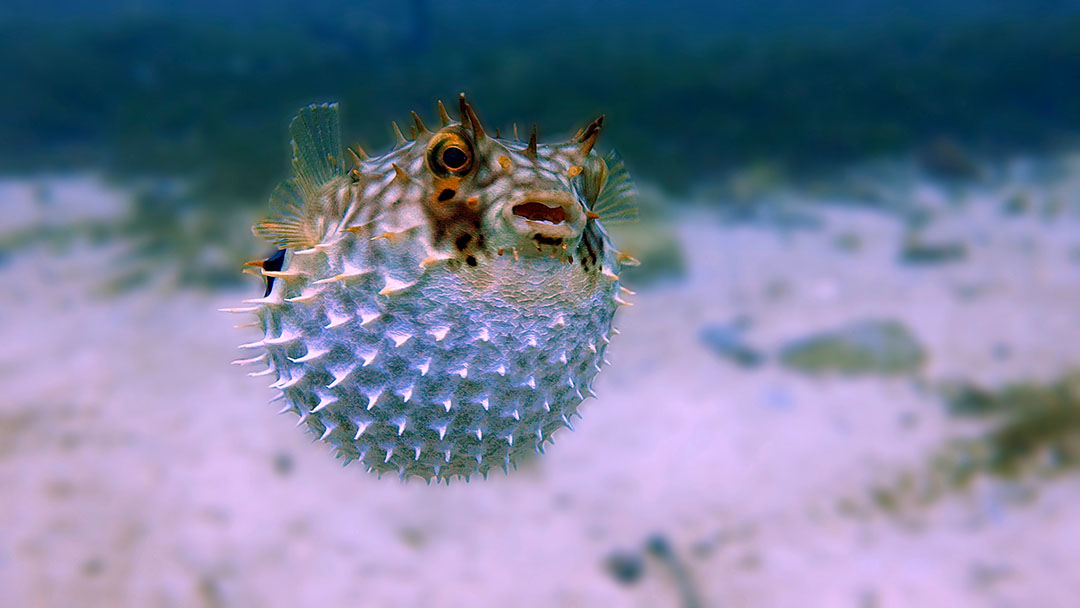
A marker pen loaded with pufferfish toxin could help treat chronic pain
Scientists have developed a marker pen to deliver tetrodotoxin, a powerful neurotoxin found in pufferfish, to treat severe skin pain.

Researchers uncover a fundamental driver behind osteoarthritis
The first link between biomolecule concentration in our cartilage and the progression of osteoarthritis opens new routes for treatment.

Sustainable batteries get a boost from new lithium-ion conductor
The new material rapidly transports lithium ions through its structure and could help make rechargeable lithium-ion batteries safer and more efficient.
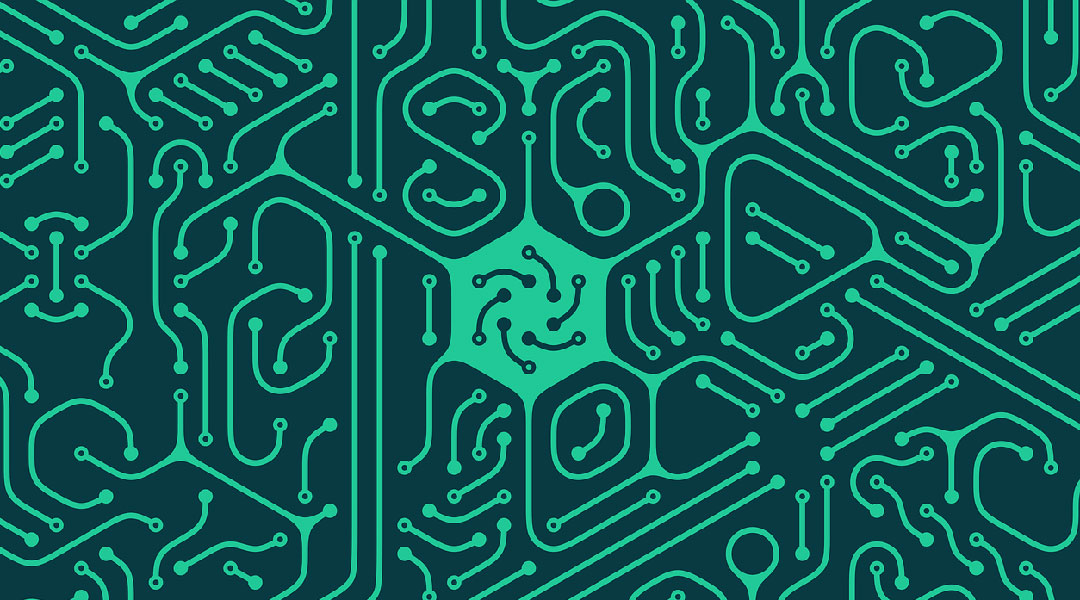
New memristor design could be a game-changer for AI and big data
Computers based on memristors promise significant energy savings and improved accuracy in large-scale computing.
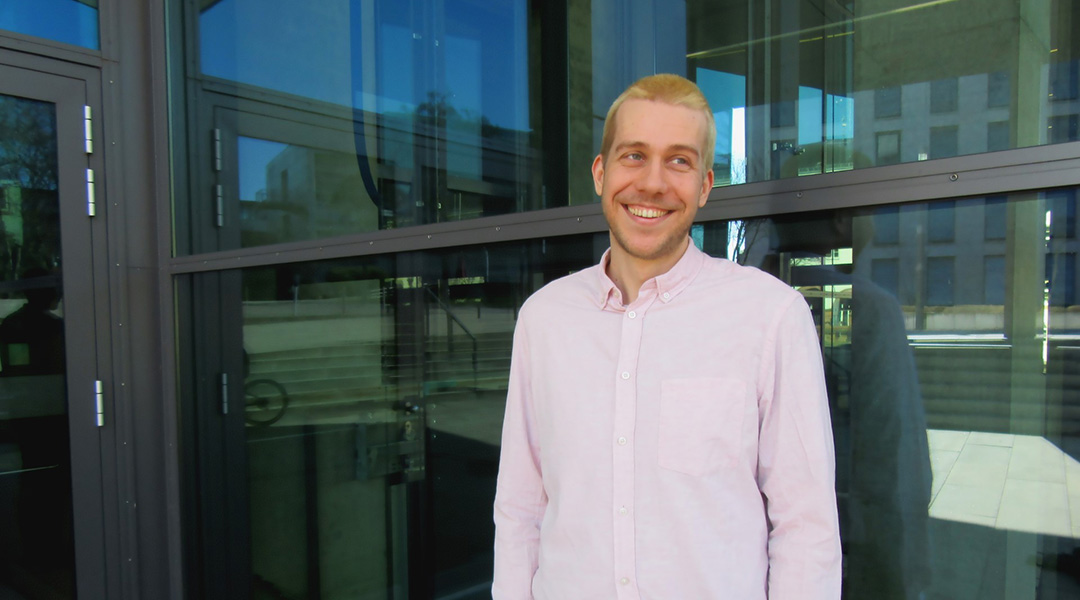
How research into existential risk will help safeguard humanity
Florian Jehn combines pragmatism with optimism when considering potential threats to human civilization.
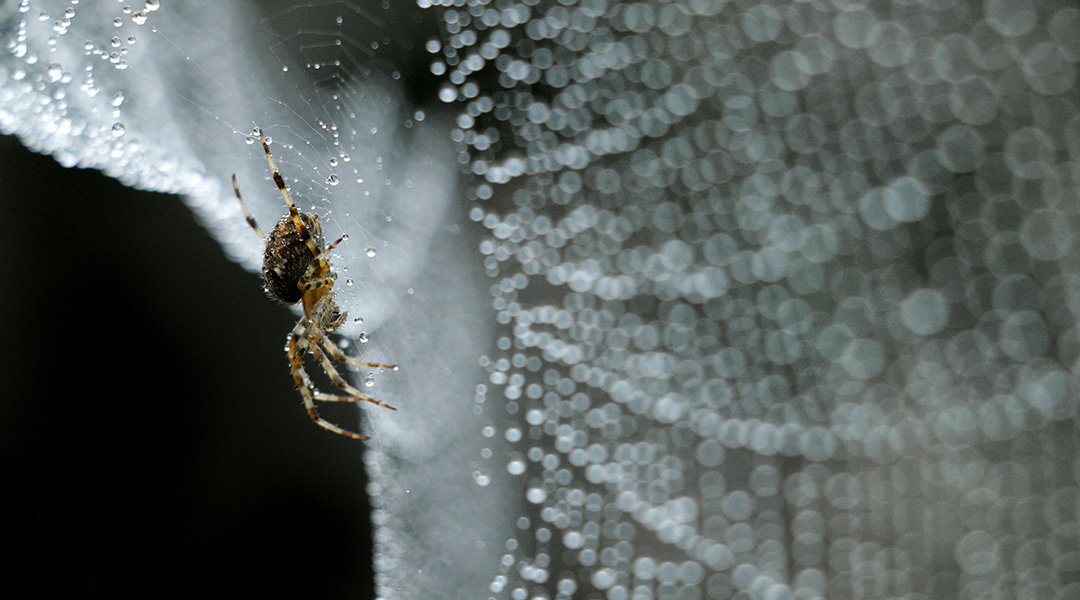
Making spider silk from tobacco plants
Plant cells outperform yeast or bacteria in producing spider silk proteins, enhancing production efficiency.
ASN Newsletter
Sign up for our newsletter and receive the latest science news directly to your inbox.
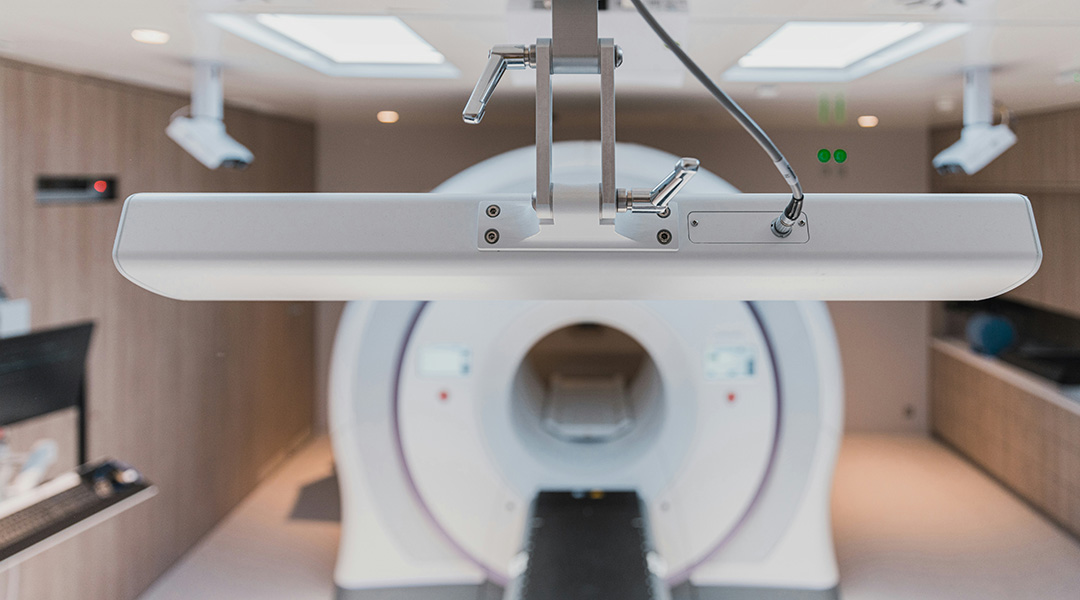
MRI-guided robotic positioner could help treat brain disease
The system could be used by surgeons performing procedures to treat brain tumors and Parkinson’s disease.
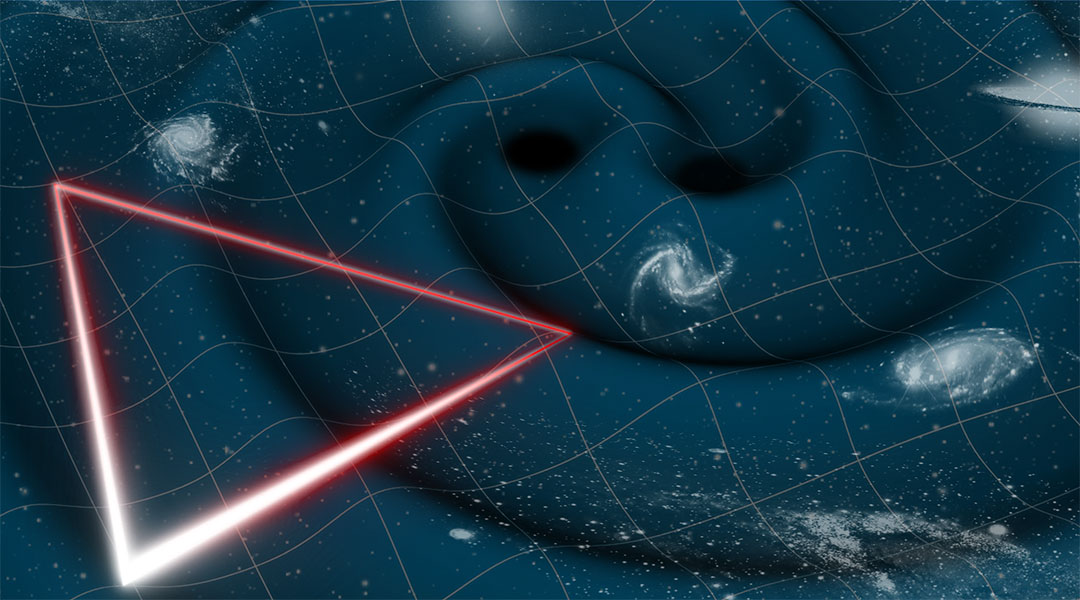
LISA gravitational wave detector could help scientists see the birth of the Universe
ESA greenlights LISA, a space-based observatory poised to detect gravitational waves across space and time.
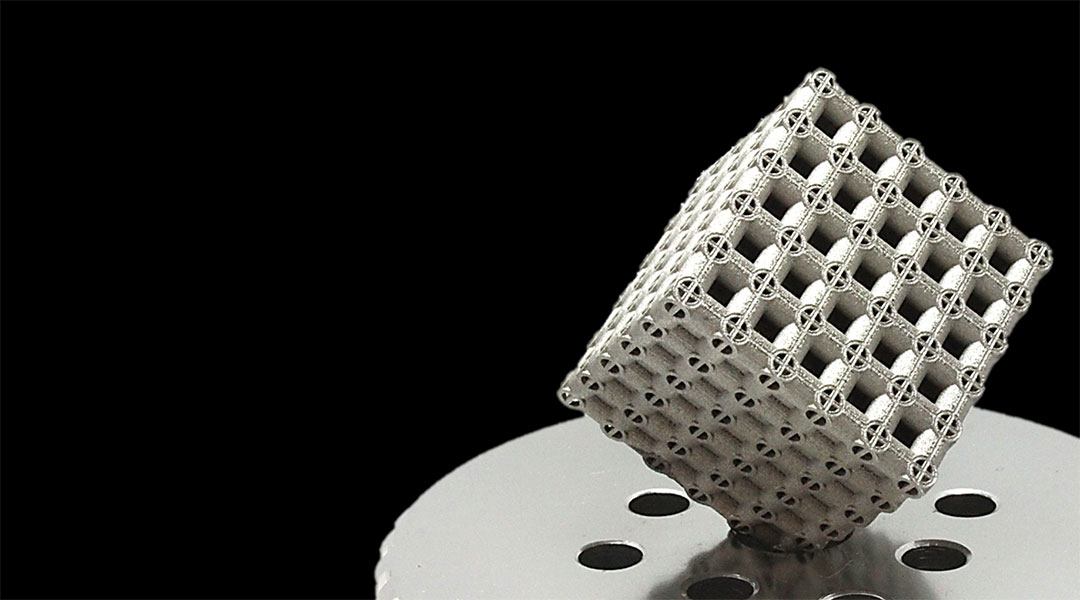
Titanium-based metamaterial unlocks strength beyond nature
A groundbreaking titanium metamaterial with unparalleled strength and versatility could revolutionize manufacturing and high-speed aviation.
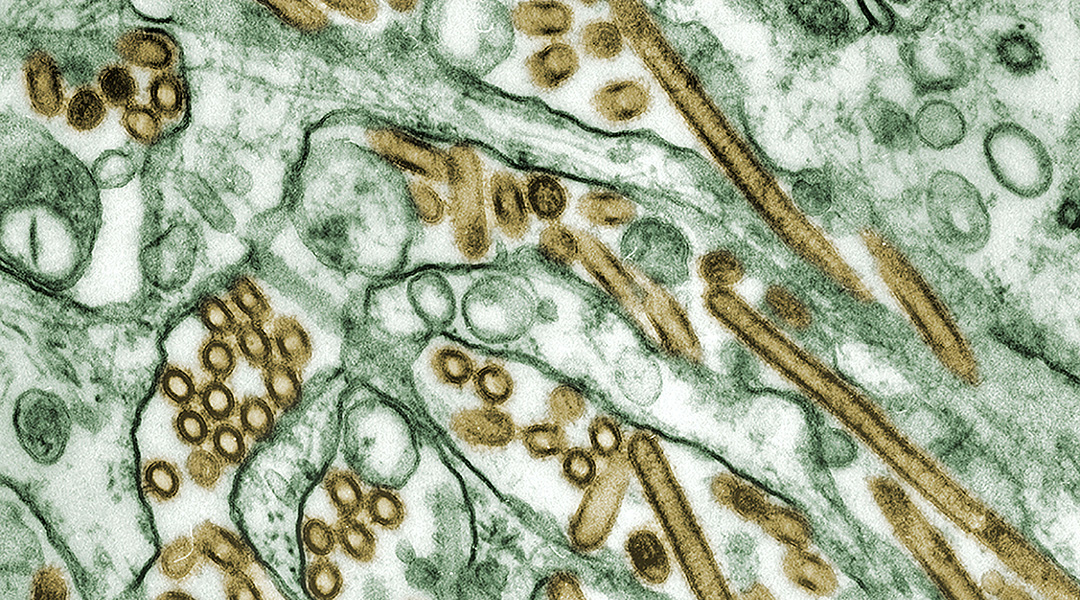
How ancient viral infections guide embryo development in mice
Ancient viral DNA, once thought junk, now regulates embryo development in mice, revealing complex host-virus interactions.
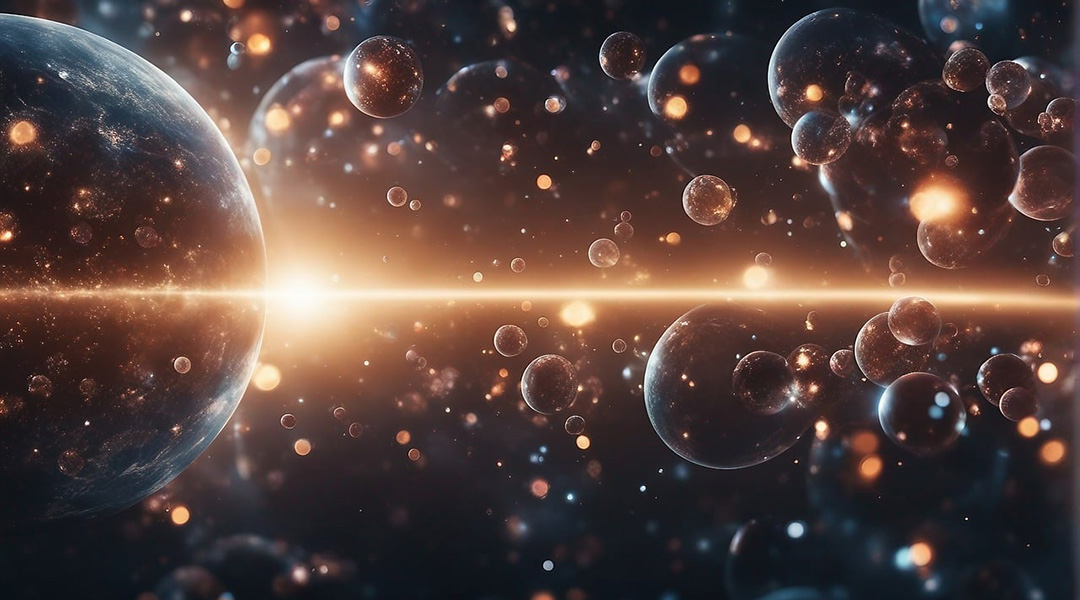
“Untangling” phase changes in superconductors
The link between entanglement, energy, and the phase transition from superconductor to insulator isn’t just a theoretical curiosity.
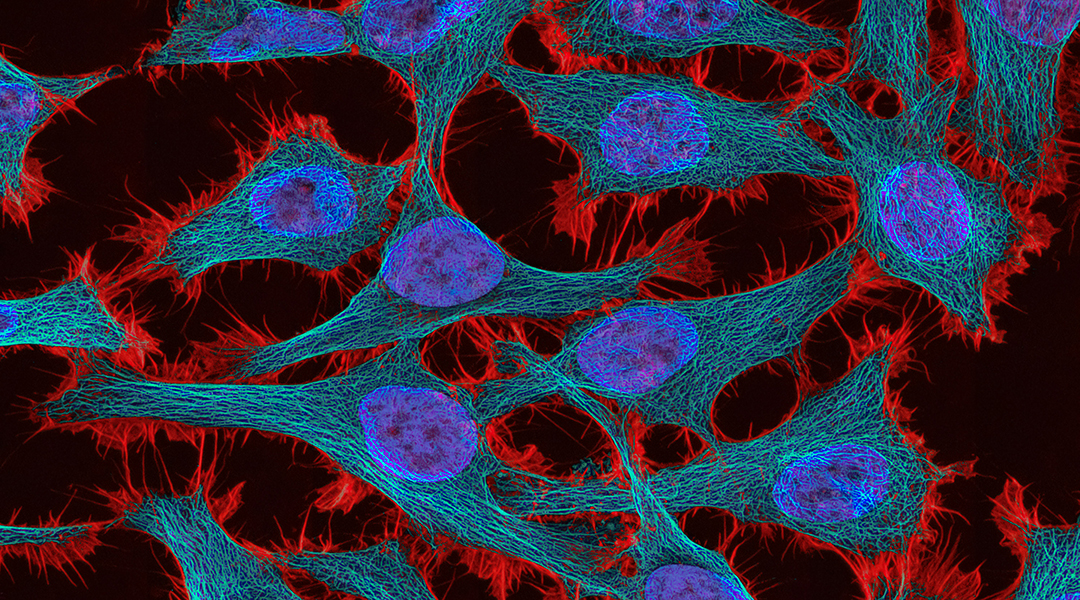
Blocking key protein halts spread of cervical cancer tumors
New findings shed light on how cervical cancer spreads to the lymph nodes, opening the door for treatments that could stop the process.
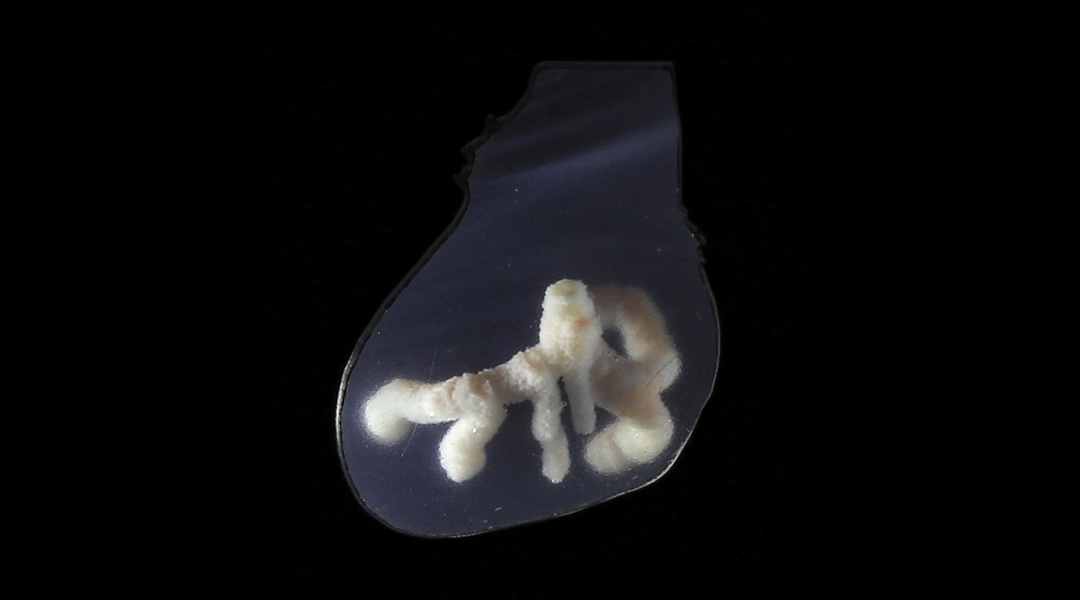
3D printing creates human-like blood vessels in heart tissue
This 3D printing method could make lab-manufactured organ transplants not just a possibility but a viable reality.
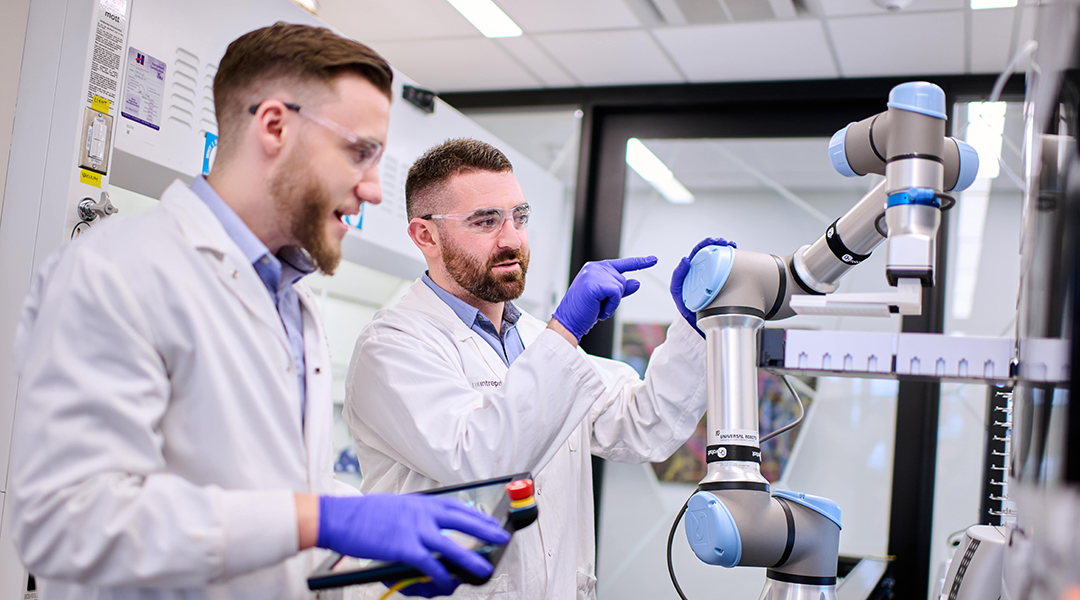
AI and robotics join forces to revamp how medications are made
Scientists are speeding up drug formulation to breath new life into old medications and reduce risk of clinical trial failure.

Engineered blood cells could eliminate blood type matching to solve donor shortage
Taking inspiration from plankton, researchers create engineered blood cells that are an important step toward a universal blood supply.
Blocking key protein halts spread of cervical cancer tumors
New findings shed light on how cervical cancer spreads to the lymph nodes, opening the door for treatments that could stop the process.
3D printing creates human-like blood vessels in heart tissue
This 3D printing method could make lab-manufactured organ transplants not just a possibility but a viable reality.
AI and robotics join forces to revamp how medications are made
Scientists are speeding up drug formulation to breath new life into old medications and reduce risk of clinical trial failure.
Engineered blood cells could eliminate blood type matching to solve donor shortage
Taking inspiration from plankton, researchers create engineered blood cells that are an important step toward a universal blood supply.

Laser light induces magnetism at room temperature
Scientists create magnetism in a non-magnet at room temperature for the first time, with implications in quantum tech and computer science.

Could AI be the reason we haven’t encountered alien civilizations?
A sensational paper argues that AI could be responsible for the scarcity of advanced technological civilizations in the Universe.
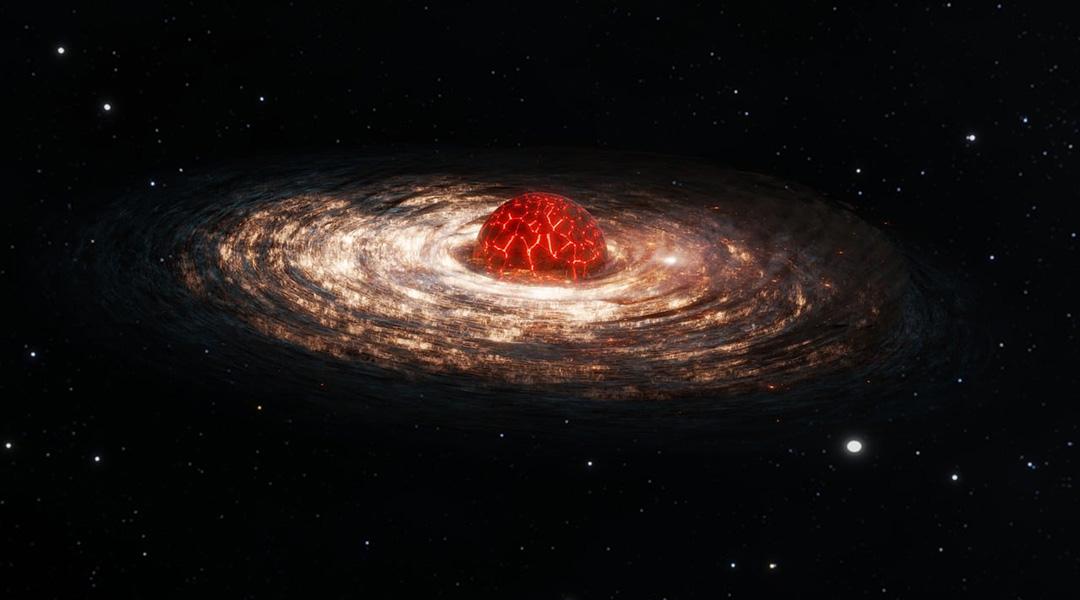
Hidden dark matter stars and where to find them
While dark matter’s enigmatic nature persists, Proca stars made of dark photons could help shed light on this cosmic mystery.

This mathematical tool could improve how fast information is shared
Researchers develop “relative attention entropy” to optimize data transmission, aiding AI learning and communication systems.
Laser light induces magnetism at room temperature
Scientists create magnetism in a non-magnet at room temperature for the first time, with implications in quantum tech and computer science.
Could AI be the reason we haven’t encountered alien civilizations?
A sensational paper argues that AI could be responsible for the scarcity of advanced technological civilizations in the Universe.
Hidden dark matter stars and where to find them
While dark matter’s enigmatic nature persists, Proca stars made of dark photons could help shed light on this cosmic mystery.
This mathematical tool could improve how fast information is shared
Researchers develop “relative attention entropy” to optimize data transmission, aiding AI learning and communication systems.
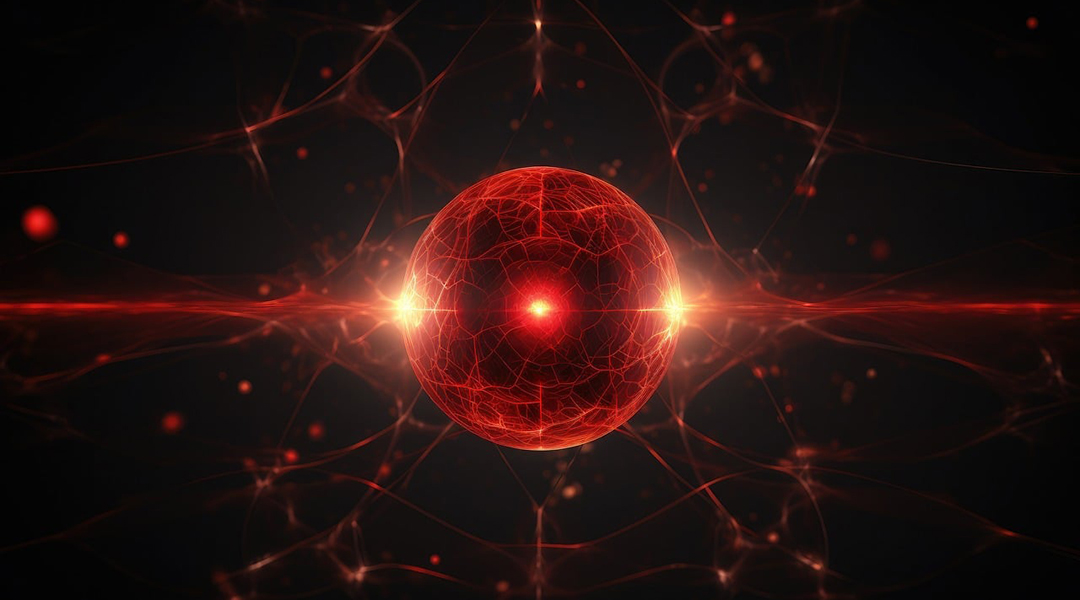
The next big thing in tech could come from these tiny light absorbers
When the light absorbers are made very small, almost all the device performance metrics improve—but doing this is easier said than done.

AI lie detectors lead people to make more false accusations, study finds
Participants with lie-detecting AI were more likely to trust it, more readily agreeing when it falsely labeled something a lie.
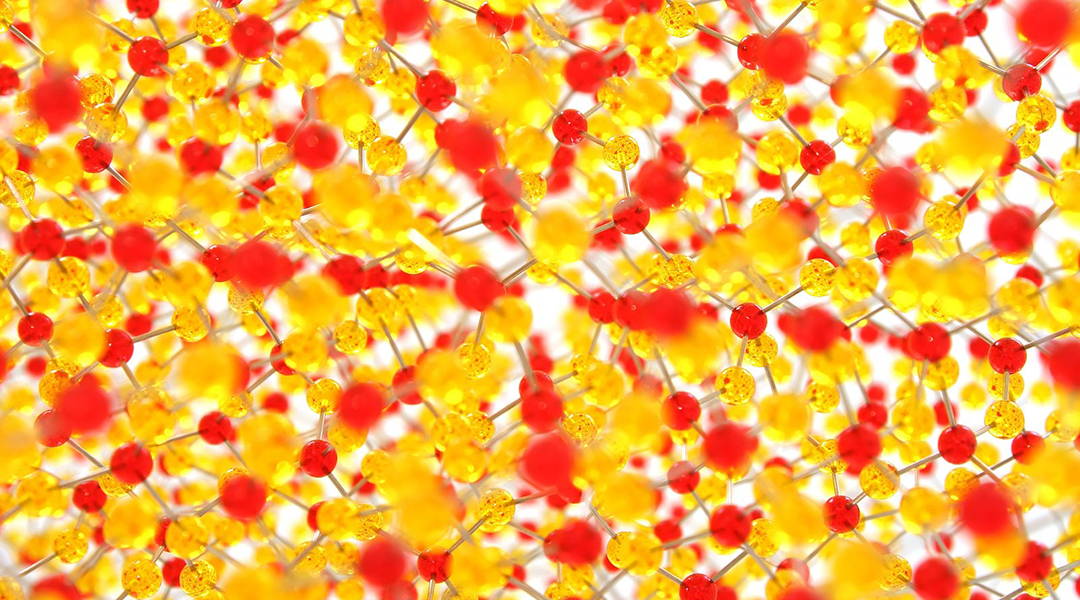
New computer solves complex problems by physically mirroring the systems it’s trying to solve
An Ising machine built on lattice defects solves problems faster than conventional computers without the drawbacks of quantum systems.
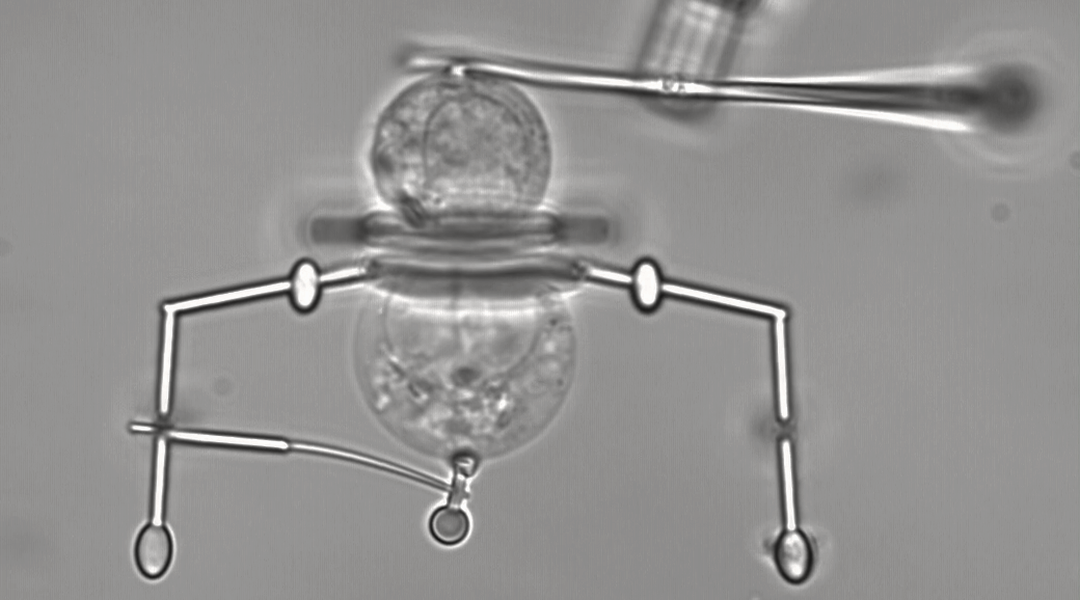
Tiny robots with a big impact: Scientists develop microrobots for single-cell handling
Fitted with nanoscale grippers, these microrobots offer new opportunities for imaging and manipulating single cells.
The next big thing in tech could come from these tiny light absorbers
When the light absorbers are made very small, almost all the device performance metrics improve—but doing this is easier said than done.
AI lie detectors lead people to make more false accusations, study finds
Participants with lie-detecting AI were more likely to trust it, more readily agreeing when it falsely labeled something a lie.
New computer solves complex problems by physically mirroring the systems it’s trying to solve
An Ising machine built on lattice defects solves problems faster than conventional computers without the drawbacks of quantum systems.
Tiny robots with a big impact: Scientists develop microrobots for single-cell handling
Fitted with nanoscale grippers, these microrobots offer new opportunities for imaging and manipulating single cells.
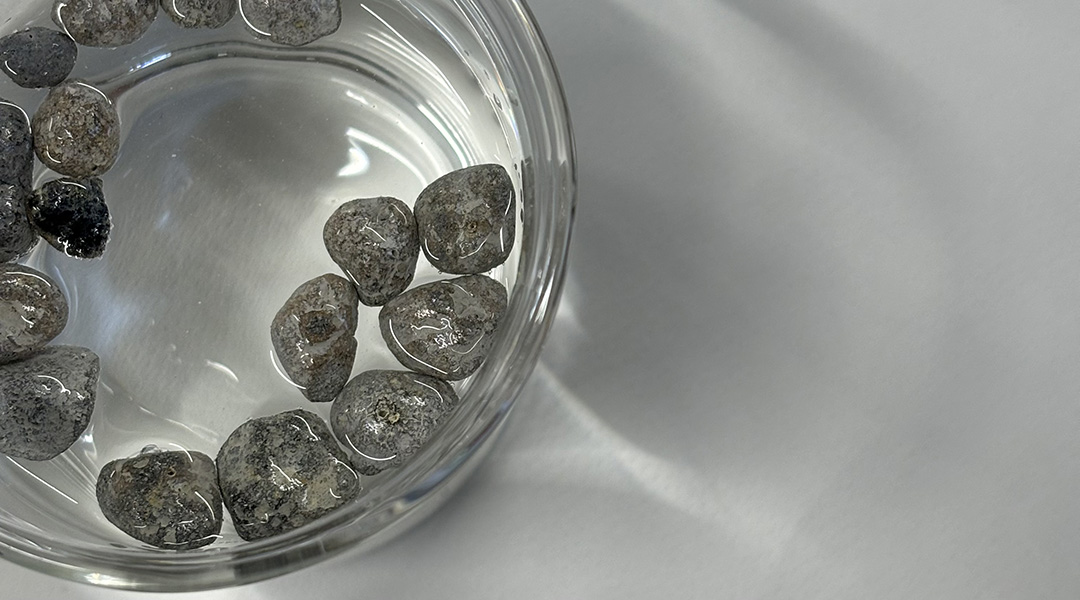
Floating photocatalysts help break down water pollution using light
Sunlight-activated floating photocatalysts offer accessible water purification, vital for remote regions and developing communities.

Low-cost, portable test detects heavy metals in water
Using electrochemical sensors, this new device can be used to combat water pollution by detecting heavy metals, like lead.
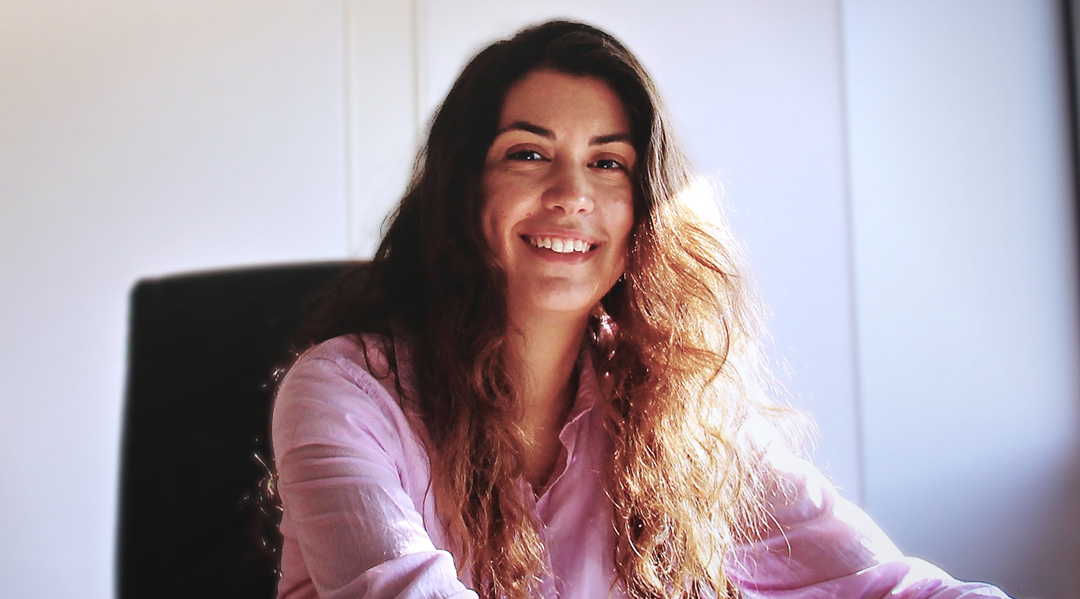
Athina Anastasaki: New ways to recycle old polymers
Polymer chemist Athina Anastasaki talks about establishing her career, inroads into polymer recycling, and resilience in academia.

Sustainable batteries get a boost from new lithium-ion conductor
The new material rapidly transports lithium ions through its structure and could help make rechargeable lithium-ion batteries safer and more efficient.
Floating photocatalysts help break down water pollution using light
Sunlight-activated floating photocatalysts offer accessible water purification, vital for remote regions and developing communities.
Low-cost, portable test detects heavy metals in water
Using electrochemical sensors, this new device can be used to combat water pollution by detecting heavy metals, like lead.
Athina Anastasaki: New ways to recycle old polymers
Polymer chemist Athina Anastasaki talks about establishing her career, inroads into polymer recycling, and resilience in academia.
Sustainable batteries get a boost from new lithium-ion conductor
The new material rapidly transports lithium ions through its structure and could help make rechargeable lithium-ion batteries safer and more efficient.
No Results Found
The page you requested could not be found. Try refining your search, or use the navigation above to locate the post.
No Results Found
The page you requested could not be found. Try refining your search, or use the navigation above to locate the post.
No Results Found
The page you requested could not be found. Try refining your search, or use the navigation above to locate the post.
No Results Found
The page you requested could not be found. Try refining your search, or use the navigation above to locate the post.
No Results Found
The page you requested could not be found. Try refining your search, or use the navigation above to locate the post.
No Results Found
The page you requested could not be found. Try refining your search, or use the navigation above to locate the post.
No Results Found
The page you requested could not be found. Try refining your search, or use the navigation above to locate the post.
No Results Found
The page you requested could not be found. Try refining your search, or use the navigation above to locate the post.






